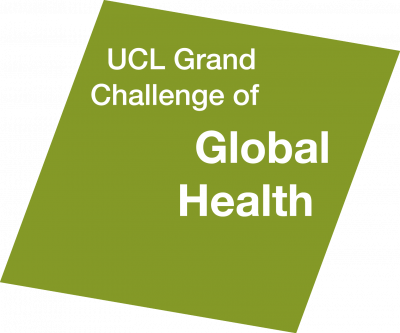Preventing a Post-antibiotic Future
The global challenge of antimicrobial resistance, global solutions, global governance.

24 March 2020
Through a one-day workshop, the project analysed the potential for effective global governance of antimicrobial resistance (AMR), widely viewed by health experts as a major threat to humanity.
The workshop, which was hosted in collaboration with the UK Department of Health and Social Care (DHSC) and the UCL Institute of Global Health, brought together a truly diverse and cross-disciplinary group of academics, national policy makers, UN agency representatives, private sector representatives and civil society actors.
The group included leading thinkers and practitioners on AMR, including Dame Sally Davies (Chief Medical Officer for England) and a number of participants from the Global South, including Thailand and Ghana. Their experiences and perspectives are particularly important when it comes to discussing global challenges such as AMR which often have a highly uneven impact across countries. A public keynote address was also given by Professor Illona Kickbusch, a world-leading expert on global health.
The workshop demonstrated the vital role of regulation in combating antimicrobial resistance. Regulation is needed not just on the national level but also on the regional and global level. Importantly, regulation comes in many forms and it does not necessarily refer to formal, legally binding rules. It also encompasses private self-regulation, soft law, incentive schemes or, in some cases, the reduction of legal barriers.
A main finding of the project was that a 'cookie-cutter' approach to AMR regulation will not work: it must be tailored to different country settings, sectors and stakeholders. The project also found it must be balanced with the need to ensure equitable access to high-quality antibiotics, in particular in low-and-middle-income countries. The workshop served to scope different approaches to AMR regulation across sectors and governance levels, identifying best and worst practice examples as well as potential areas for regulatory innovation.
The project generated significant impact. AMR is one of the greatest global threats of our times, yet we still lack understanding of its drivers, its impact and effective means to tackle it. On the global level, in particular, a comprehensive governance approach is not (yet) in place. The project made an important contribution in this regard by bringing together a broad range of stakeholders to discuss on the key elements of AMR governance - regulation.
It came at a crucial time, with UN agencies accelerating collaborative action on AMR at the global level. The project sought to answer questions that are of immediate relevance for the fight against AMR: which regulatory approaches work, which don't, where, when and why? Read more in the project's report.
Because AMR is a prime example of a 'super-wicked' problem, the project's findings have important implications for other global governance research areas as well. Findings from the project will provide input for ongoing and future Global Governance Institute projects on other global governance challenges. The project has strengthened the inter-institutional relationship between the GGI and the Institute of Global Health and future collaborations are being pursued. The project team also continue to liaise with colleagues at the DHSC as the AMR agenda develops at the UN multilateral level.
 Close
Close


